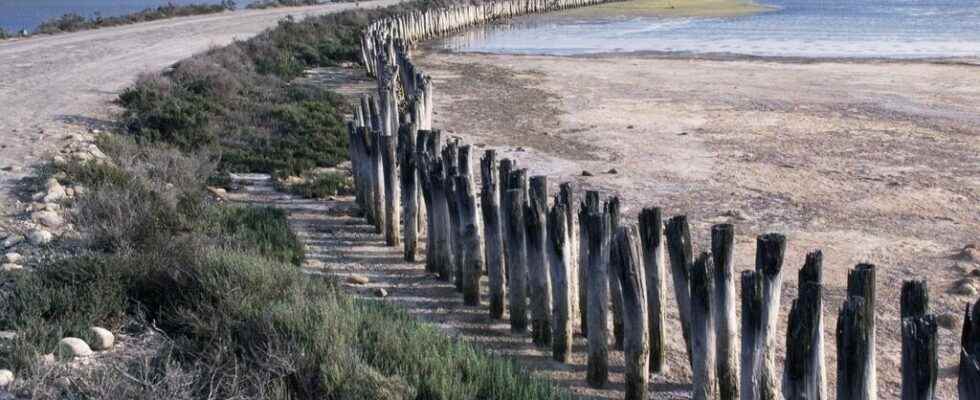In France, the Camargue delta is the largest wetland in the country. The conservation of the site is ensured by the scientific world with the exception of a plot of land placed in the hands of the inhabitants of Sambuc, a neighboring town of the regional park. Here, collective uses are reconciled with issues related to ecological resilience.
The Camargue is one of more than 10 million square kilometers of wetlands left in the world, almost equivalent to the area of Canada. Peat bogs, lagoons, salt marshes. These lands, waterlogged, fresh to very salty, are reservoirs of biodiversity. Protected at international level by the Ramsar Convention, they provide many services since they store the main greenhouse gas, carbon, in their soil, thus actively contributing to climate regulation.
